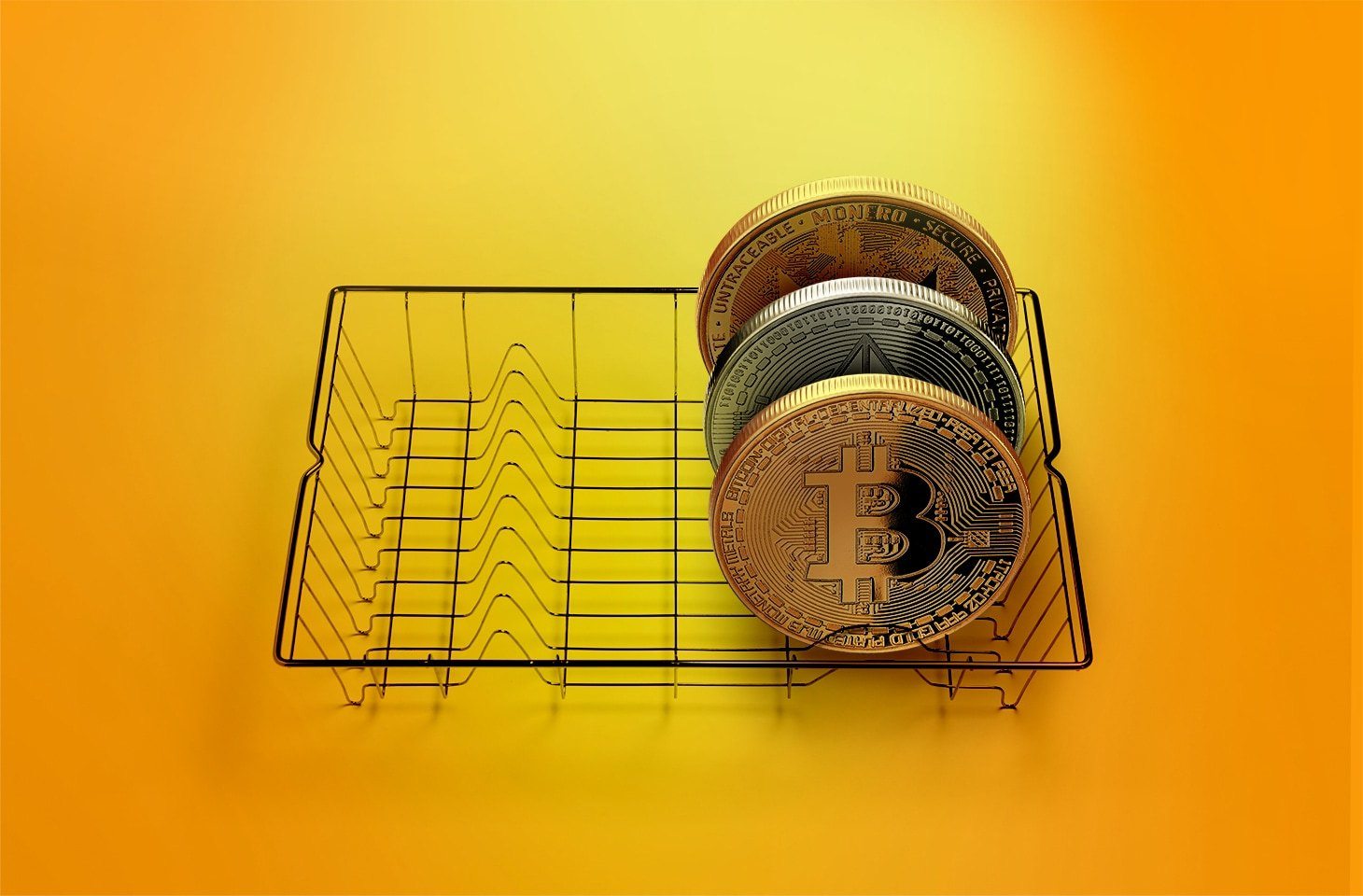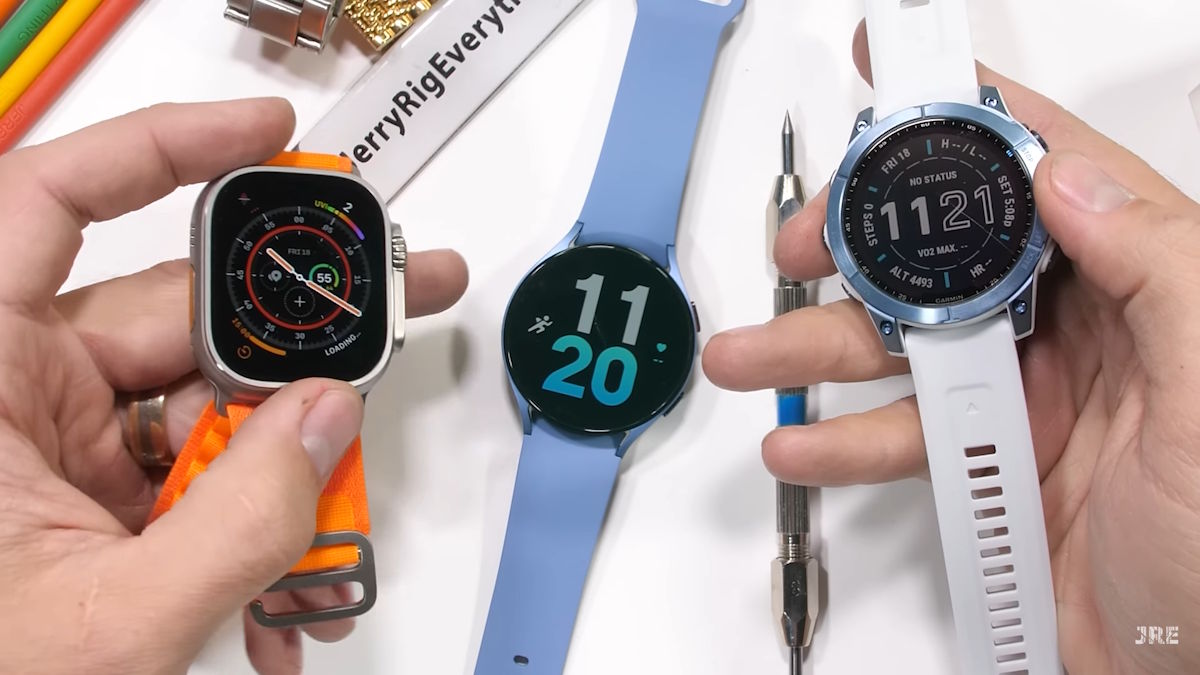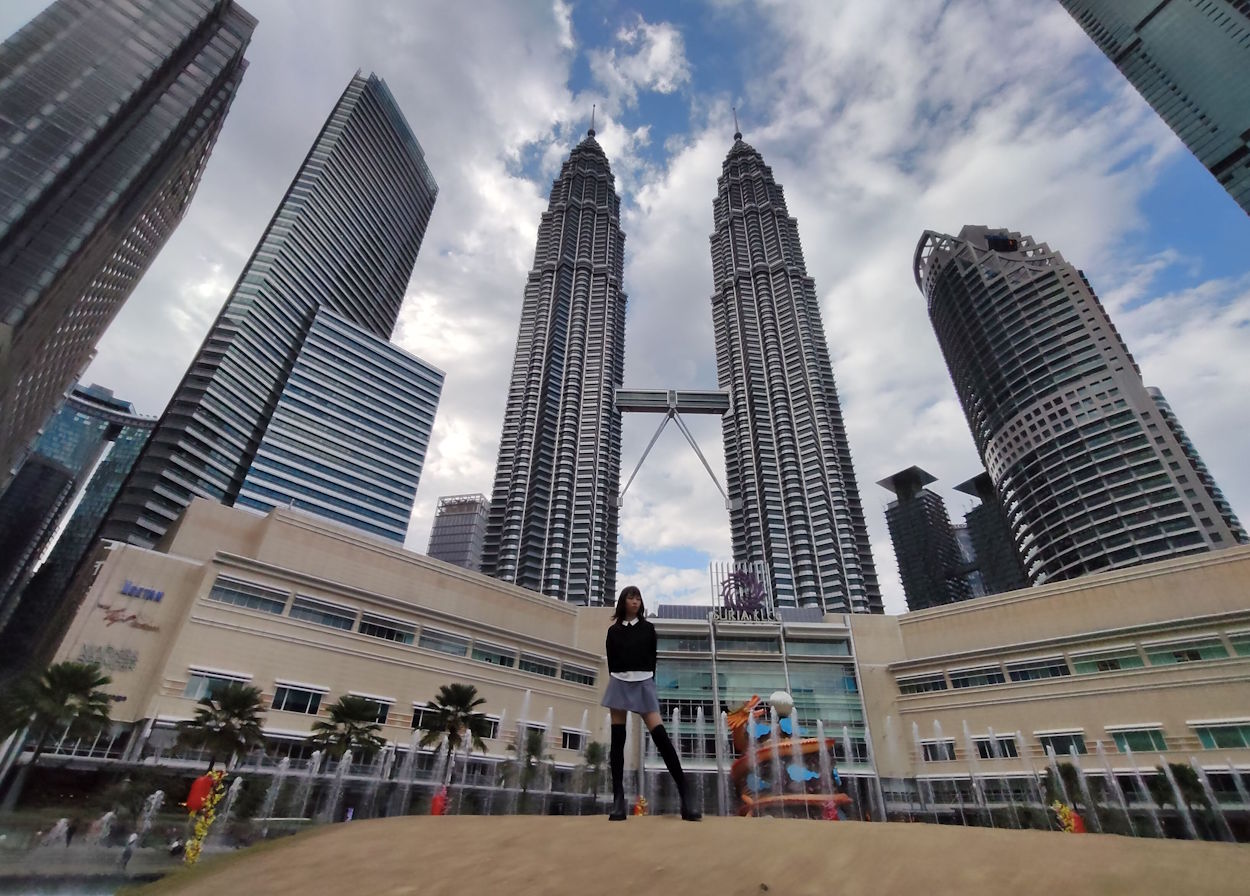
In early 2025, a peculiar phenomenon swept through Indonesia’s metropolitan areas like Bekasi and Jakarta: long queues of people eager to have their irises scanned for cash rewards ranging from Rp200,000 to Rp800,000 (approximately $13-$50 USD). The World App, developed by Tools for Humanity (TFH) under the Worldcoin project, promised financial inclusion through a novel digital identity system.
Yet, this ambitious initiative, backed by OpenAI co-founder Sam Altman, quickly sparked controversy, raising alarms about data privacy, regulatory compliance, and ethical concerns. As Indonesia’s Ministry of Communication and Digital Affairs (Komdigi) suspended Worldcoin’s operations in May 2025, questions linger: what drives this project, and at what cost to Indonesians?
The World App Vision
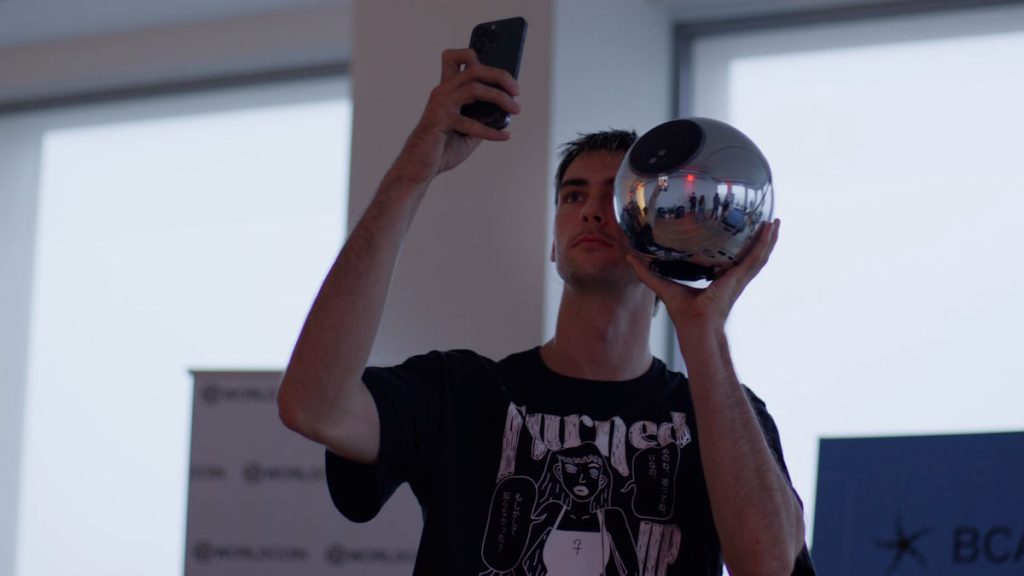
World App and WOrld coin, launched in 2021, aims to create a global digital identity system using iris-scanning technology via a device called the Orb. By scanning a user’s iris, the Orb generates a unique “World ID” stored on a blockchain, ensuring a “proof of personhood” to combat fraud and enable access to a cryptocurrency, WLD. The project’s stated mission is to foster financial inclusion by distributing WLD tokens to users, particularly in underserved regions, creating a decentralized economic ecosystem.
In Indonesia, Worldcoin began operations in 2021, offering cash or tokens to users who verified their identities through the World App. By 2025, TFH reported collecting over 500,000 retinal datasets from Indonesians, a staggering figure that underscores the project’s scale and ambition.
The allure of Worldcoin lies in its promise of instant financial rewards. In Indonesia, where economic disparities are stark, the offer of up to Rp800,000—equivalent to a week’s wages for many—was irresistible. However, this incentive model, coupled with the collection of sensitive biometric data, has fueled a heated debate about privacy and exploitation.
The Controversy in Indonesia
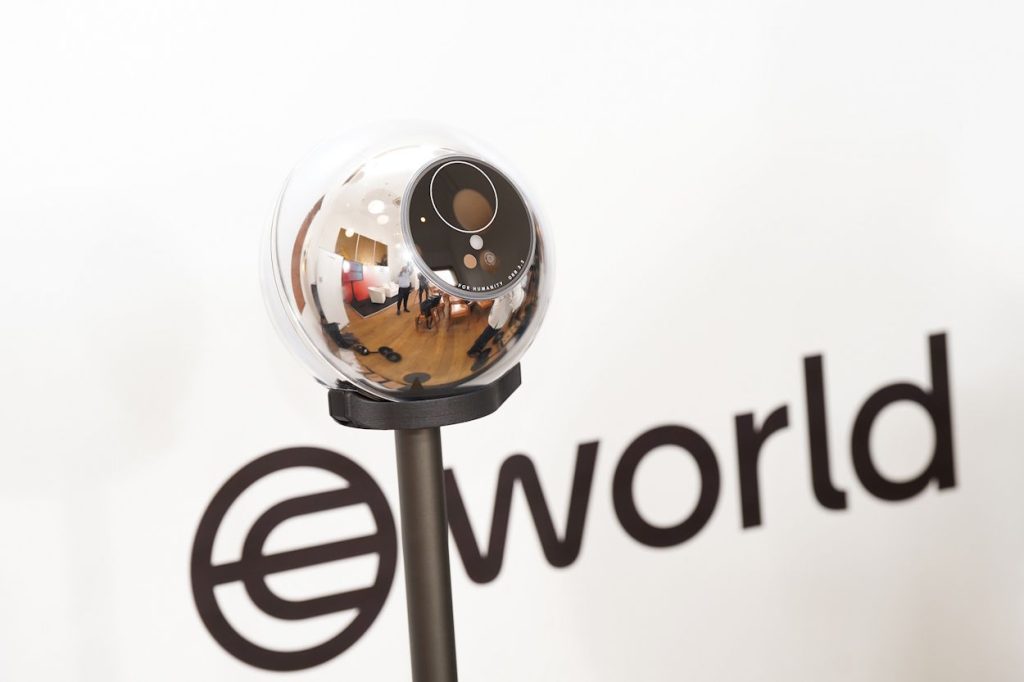
The Worldcoin controversy in Indonesia centers on three key issues: privacy risks, regulatory violations, and ethical concerns.
Privacy Risks
Iris scans are among the most sensitive forms of biometric data, as they are permanent and unique to each individual. Unlike passwords, which can be changed, a compromised iris scan poses lifelong risks. Worldcoin claims that iris data is converted into an encrypted “Iris Hash” and deleted after verification, but transparency about data storage and processing remains limited. Critics, including cybersecurity experts, warn that breaches could lead to identity theft or misuse in contexts like election fraud. Globally, countries like Spain, Portugal, and Kenya have banned or restricted Worldcoin over similar concerns, with Kenya’s High Court ordering the deletion of all biometric data collected by the project.
In Indonesia, public unease grew as reports surfaced of users, particularly from lower-income communities, participating without fully understanding the implications. Many were unaware that their biometric data could be stored or shared, raising questions about informed consent. A post on X captured the sentiment: “People in Bekasi are lining up for cash, but do they know what they’re giving up?”
Regulatory Violations
Indonesia’s Komdigi revealed in May 2025 that Worldcoin had been operating since 2021 without proper registration as an Electronic System Operator (PSE) until 2025. The local operator, PT Terang Bulan Abadi, was found to be using a permit registered to another entity, PT Sandina Abadi Nusantara, violating electronic system regulations. On May 4, 2025, Komdigi suspended Worldcoin’s operations, citing “suspicious activity” and public concerns. A three-hour meeting with TFH on May 12 focused on compliance with Indonesia’s Personal Data Protection Law (UU PDP), the security of biometric data, and the ethics of financial incentives.
Alexander Sabar, Komdigi’s Director General of Digital Space Oversight, emphasized that while Worldcoin’s registration was eventually formalized, its earlier operations lacked oversight, and the collection of 500,000 retinal datasets raised red flags. The ministry is now evaluating TFH’s data protection practices and the responsibilities of local operators.
Ethical Concerns
The financial incentives offered by Worldcoin have been criticized as exploitative, particularly in Indonesia, where economic vulnerability is widespread. Offering Rp200,000 to Rp800,000 for an iris scan disproportionately appeals to low-income individuals, who may not fully grasp the risks. A 2022 MIT Technology Review report described this as “crypto-colonialism,” accusing Worldcoin of targeting vulnerable populations in developing countries. In Indonesia, some users mistook the scanning events for government programs, highlighting a lack of digital literacy and informed consent.
Motives Behind the Incentives
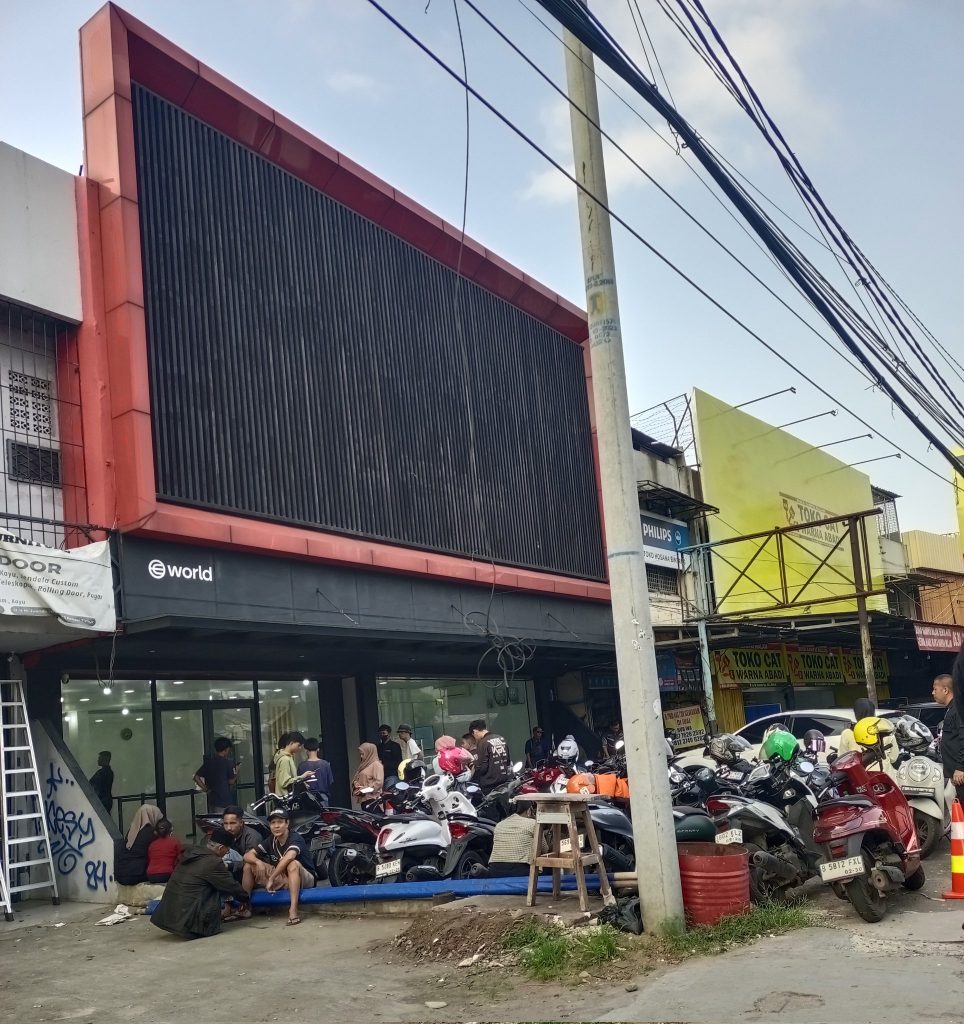
Worldcoin’s financial rewards serve multiple purposes. First, they drive mass adoption of the World App and WLD cryptocurrency, creating a user base to make the ecosystem viable. Second, the biometric data collected is used to train AI algorithms, enhancing Worldcoin’s identity verification technology. A 2022 report noted that Worldcoin’s early field tests in Indonesia and other countries were partly to refine neural networks for fraud prevention. Finally, local operators are incentivized to recruit users, with some receiving payments per scan, creating a network of grassroots promoters.
However, these motives raise ethical questions. The financial allure can obscure the risks, especially in a country like Indonesia, where digital literacy is low. A Media Indonesia editorial underscored this, noting that “the Worldcoin case highlights the weak implementation of data protection and the urgent need for digital education.”
Impact and Response
The controversy has had significant repercussions. For users, the suspension of Worldcoin’s operations has left many uncertain about the safety of their data. Those who participated are advised to delete their World ID through the app’s Security & Privacy settings, though blockchain-stored data, like transaction records, cannot be erased. Komdigi has urged users to report issues via aduan.kominfo.go.id, and the Financial Services Authority (OJK) has flagged Worldcoin as an unlicensed financial service.
Worldcoin, through TFH, has responded by voluntarily pausing iris-scanning activities in Indonesia and engaging with regulators to clarify licensing terms. A TFH spokesperson told The Block that the company is committed to transparency and compliance, but critics argue that more robust audits and public disclosures are needed.
Broader Implications
The Worldcoin saga in Indonesia reflects broader challenges in the digital age. The country’s Personal Data Protection Law, enacted in 2022, is still in its early stages, and enforcement remains weak. The case underscores the need for stronger regulatory frameworks to govern emerging technologies like biometrics and blockchain. It also highlights Indonesia’s digital literacy gap, with many users unaware of the risks of sharing sensitive data.
Globally, Worldcoin’s setbacks in Kenya, Spain, and now Indonesia signal a growing resistance to biometric data collection without clear safeguards. As technology companies push for innovation, they must navigate diverse regulatory landscapes and prioritize user trust. For Indonesia, the Worldcoin controversy is a wake-up call to bolster digital education and empower citizens to make informed choices.
Conclusion
Worldcoin’s promise of financial inclusion through iris scans and cryptocurrency has collided with Indonesia’s concerns over privacy, regulation, and ethics. While the project’s vision is bold, its execution—offering cash for sensitive data in a country with low digital literacy—has sparked justifiable alarm. As Indonesia strengthens its data protection framework and Komdigi continues its investigation, the Worldcoin case serves as a cautionary tale. Innovation must not come at the expense of privacy or trust. For Indonesians, the lesson is clear: in the digital age, your data is your most valuable asset—guard it wisely.


